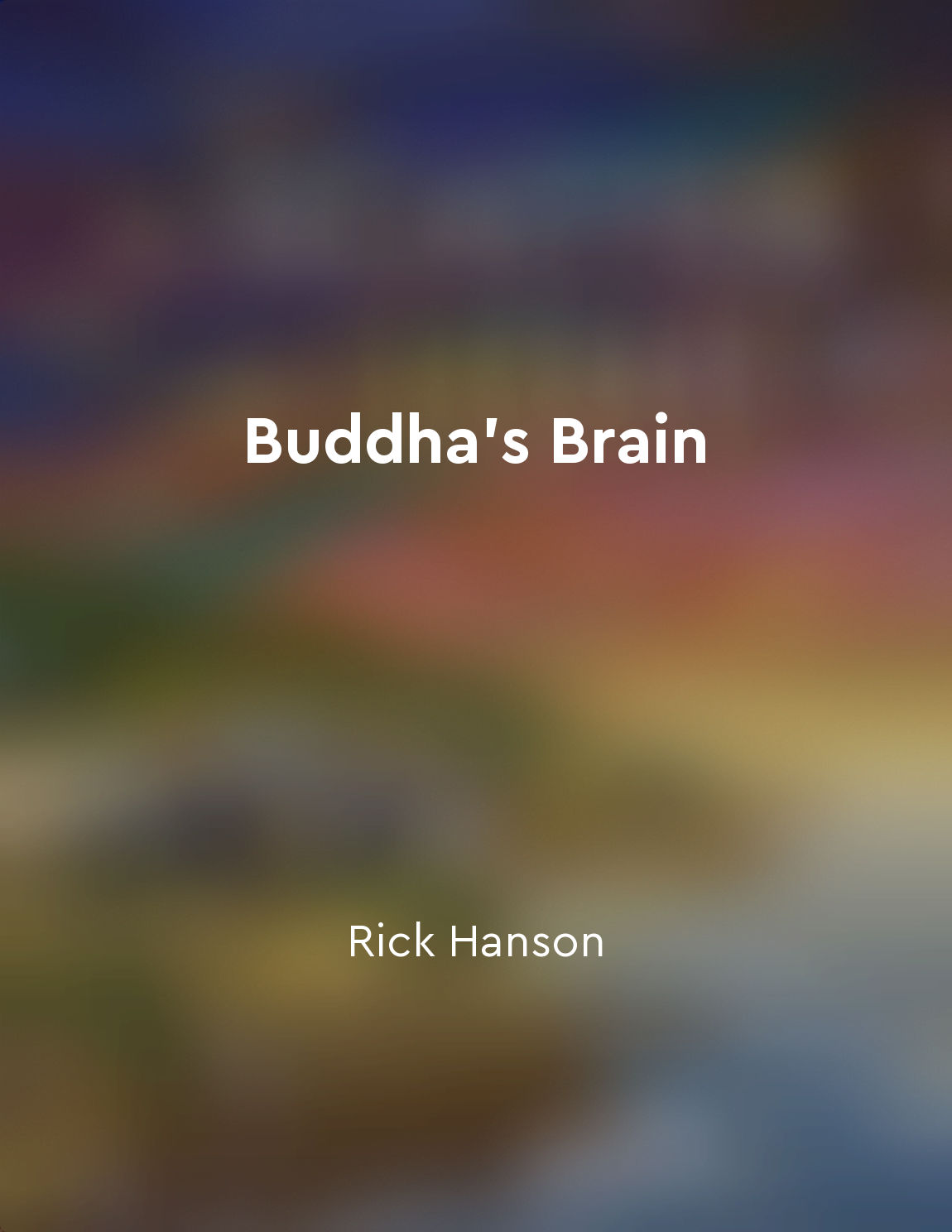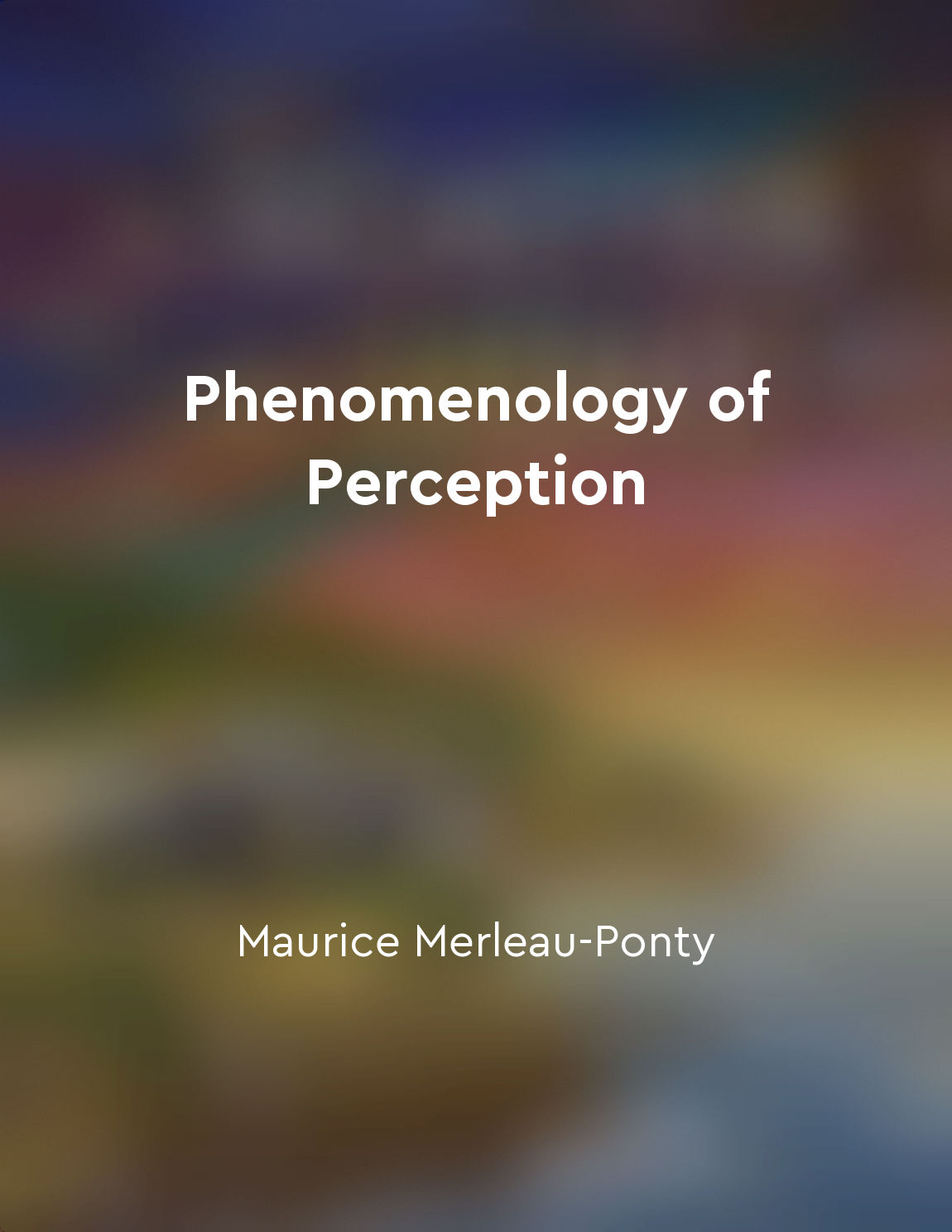Understanding the concept of self from "summary" of Where Buddhism Meets Neuroscience by The Dalai Lama
The concept of self is a fundamental aspect of human existence, yet it is often misunderstood. In both Buddhism and neuroscience, there is an emphasis on understanding the nature of self and how it relates to our experiences and perceptions. In Buddhism, the self is seen as a construct that is constantly changing and impermanent. This view is in contrast to the notion of a fixed and unchanging self that many people hold. By recognizing the impermanent nature of the self, we can begin to let go of attachments and expectations that cause suffering. Neuroscience also provides insights into the nature of self through studies of the brain. Researchers have found that the self is not localized in any one part of the brain, but rather is a complex network of interconnected processes. This network is constantly changing in response to our thoughts, emotions, and experiences. By integrating the perspectives of Buddhism and neuroscience, we can gain a deeper understanding of the concept of self. This understanding can help us develop greater self-awareness and compassion for ourselves and others. It can also lead to a more balanced and fulfilling life, free from the constraints of fixed ideas about who we are.- The concept of self is a complex and multifaceted phenomenon that is worth exploring from both a Buddhist and neuroscientific perspective. By doing so, we can cultivate a deeper understanding of ourselves and our place in the world.
Similar Posts

Develop selfawareness
To develop self-awareness means being mindful of your thoughts, feelings, and bodily sensations in the present moment. This inv...

The rise of nationalism has posed a threat to global cooperation
The current surge in nationalism poses a significant threat to global cooperation. Nationalism, the belief that one's own natio...
Mindfulness meditation can transform suffering
Mindfulness meditation holds the power to transform the experience of suffering. When we sit down to meditate, we are not neces...

Perception is grounded in the body's capacities
Our perception of the world is intimately tied to the capacities of our bodies. Through our senses and movements, we actively e...
Our brains are limited by their physical structure
The physical structure of our brains determines our cognitive abilities. This means that our mental capacities are constrained ...
Desires are not hidden urges
When we speak of desires, we are not referring to some mysterious inner force compelling us to act in certain ways. Desires are...
Interconnectedness of all things
The idea that everything in the universe is interconnected is not a new one. It has been a central tenet of many ancient philos...
Fragility of self
The concept of the fragility of self is a fascinating exploration into the nature of our existence and consciousness. Anil Anan...

